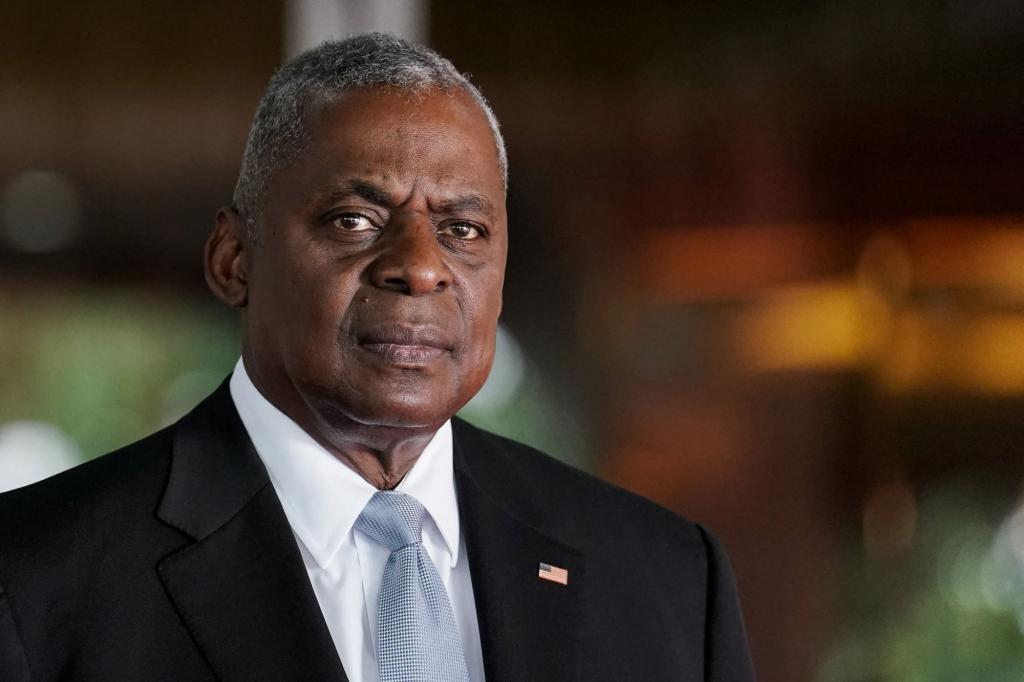Defense Secretary Lloyd J. Austin recently made the decision to revoke plea deals that would have spared the death penalty for the accused mastermind of the 9/11 terrorist attacks, as well as two alleged accomplices. This decision marks a significant shift in the prosecution’s approach to these high-profile cases, as the defendants had previously agreed to plead guilty in exchange for avoiding the death penalty. The accused mastermind is Khalid Sheikh Mohammed, who is believed to have orchestrated the attacks that took place on September 11, 2001. The two alleged accomplices are Walid bin Attash and Ammar al-Baluchi.
The revocation of the plea deals comes after years of legal wrangling and delays in the trial process. The defendants had previously been held at Guantanamo Bay for several years without trial, due to the complexity and sensitivity of the case. The prosecution had sought the death penalty for all three defendants, citing the heinous nature of the crimes they are accused of committing. However, in an unexpected turn of events, the defendants had agreed to plead guilty in exchange for avoiding the death penalty.
In revoking the plea deals, Defense Secretary Austin expressed his belief that the death penalty is an appropriate punishment for the defendants, given the severity of the charges against them. This decision has raised questions about the future of the trial process and whether the defendants will ultimately be sentenced to death. Critics of the decision argue that revoking the plea deals could further delay the trial and prolong the legal proceedings, potentially leading to more years of uncertainty for the victims’ families.
The decision to revoke the plea deals has also sparked debate over the use of the death penalty in cases of terrorism. Some argue that the death penalty is a necessary deterrent against future acts of terrorism, while others believe that it is a cruel and inhumane form of punishment. The debate over the death penalty in terrorism cases is likely to continue in the coming months as the trial process moves forward.
The defendants are now facing the prospect of a lengthy and high-profile trial that could result in their execution. The trial is expected to be highly contentious and emotionally charged, given the gravity of the charges against the defendants and the impact of the 9/11 attacks on the United States and the rest of the world. The decision to revoke the plea deals has also reignited debate over the legality and morality of indefinite detention at Guantanamo Bay, as well as the use of the death penalty in cases of terrorism.
Overall, the revocation of the plea deals in the 9/11 terrorism case represents a significant development in the legal proceedings surrounding the attacks. The decision to seek the death penalty for the defendants has raised questions about the future of the trial process and the use of the death penalty in terrorism cases. As the trial moves forward, the defendants will face intense scrutiny and public attention, as well as the possibility of being sentenced to death for their alleged crimes.


